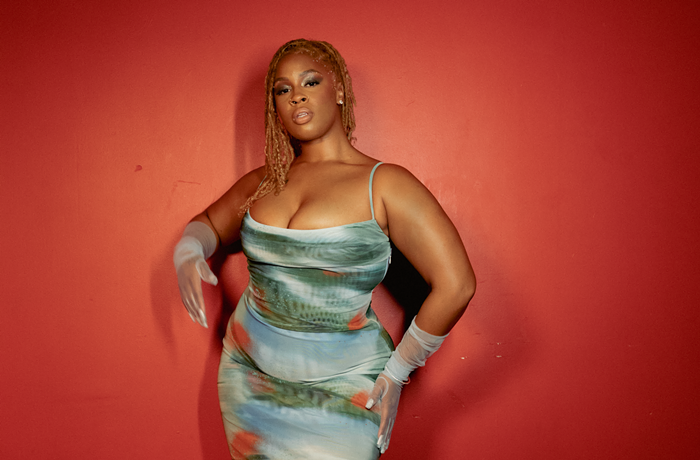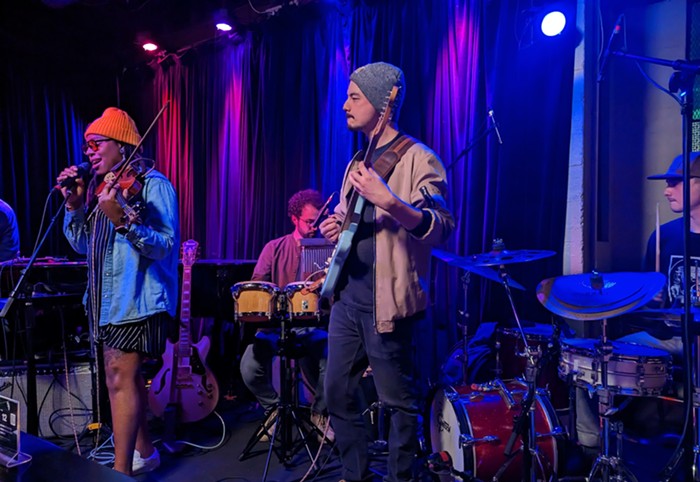Sat May 14 Holocene
1001 SE Morrison
Experimental post-rock was probably originally commissioned by the Chicago chapter of the Independent Coffee House Workers Union during the early 1990s--in order, I suspect, to combat the workplace hazards of Alice In Chains, Stone Temple Pilots, and Pearl Jam. From Tortoise and Gastr del Sol to Sea and Cake and Joan of Arc, a series of bands emerged from the Windy City to create a soundtrack for a generation of pasty Adbusters readers who sympathized with Stereolab's Socialism, but voted for Clinton twice. So it comes as quite the welcome surprise that close to a decade after the genre's heyday, The Books have created a series of minimalist electronic albums that carry on the cerebral, hypnotic, not-rock tradition of their predecessors, while infusing that sound with enough innovation and artistry to create something inspired.
Comprised of Nick Zammuto and Paul de Jong, the once primarily string- and sample-based duo have made gigantic strides on their third album, Lost and Safe (Tomlab), creating a more song-oriented work that doesn't lose the intimacy or spatial restraint of their earlier releases. Their compositions--fusing vocal samples, electronic buzz and clicks, traditional instrumentation, and, now, their own voices--center primarily on the interaction of the found-sound samples and their own sonic adornments. Their samples are rarely presented "as is," but are rather reinterpreted, harmonized, or otherwise commented upon through Zammuto's own voice. This interaction between singer and sample adds weight to the meaning of both.
For those wary of a more structured and lyrically inclined Books, Zammuto's singing is never overbearing in the mix. His voice, soft and weary, is a welcome contrast to the more forceful and jarring voices he has chosen to sample. We hear newscasters, pundits, and authoritarian teachers--and no matter how disconnected many of their utterances may seem, they are always brought back to the fold by Zammuto's skillful narration. Though The Books use very simple instrumentation and rarely display the technical virtuosity of many of their post-rock predecessors, they have, nevertheless, created a sound that is at once jarring, soothing--and safe for the coffee house workers of the 21st Century.


















